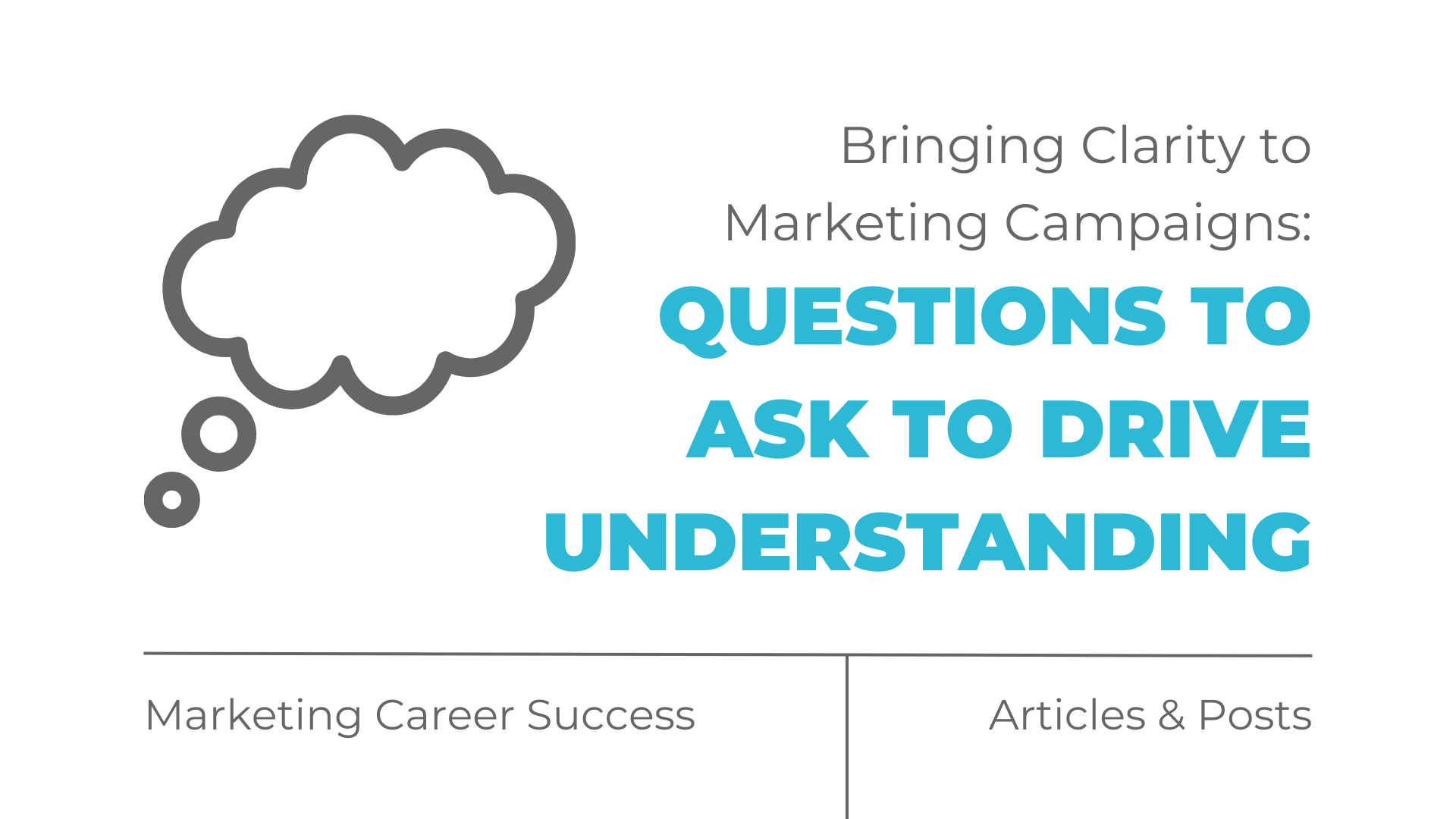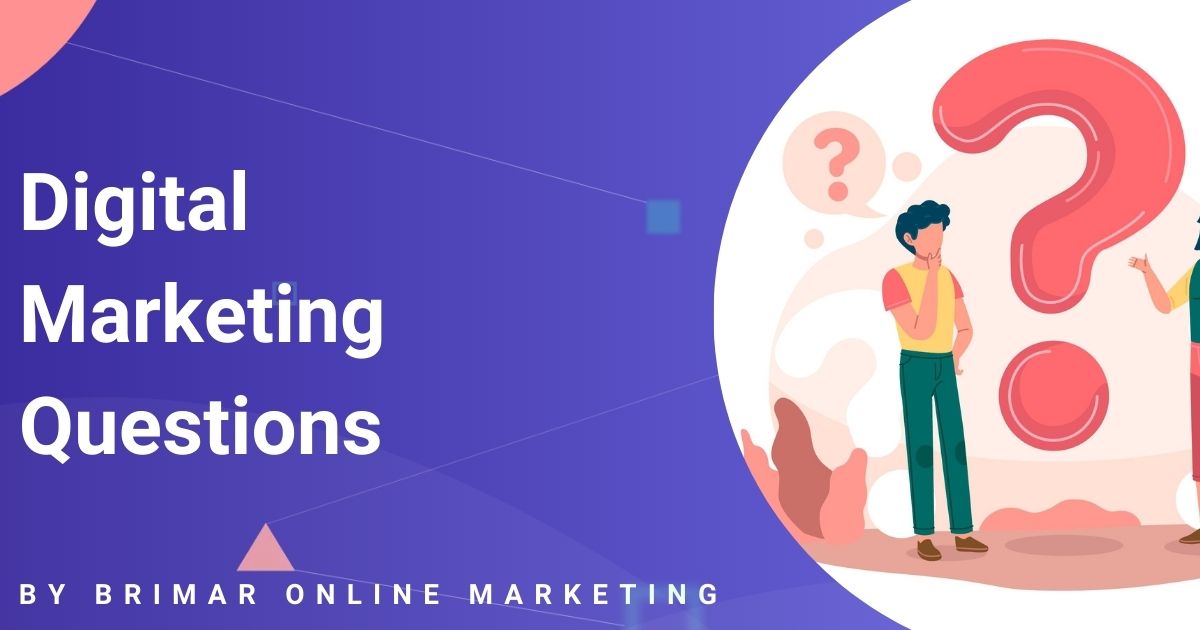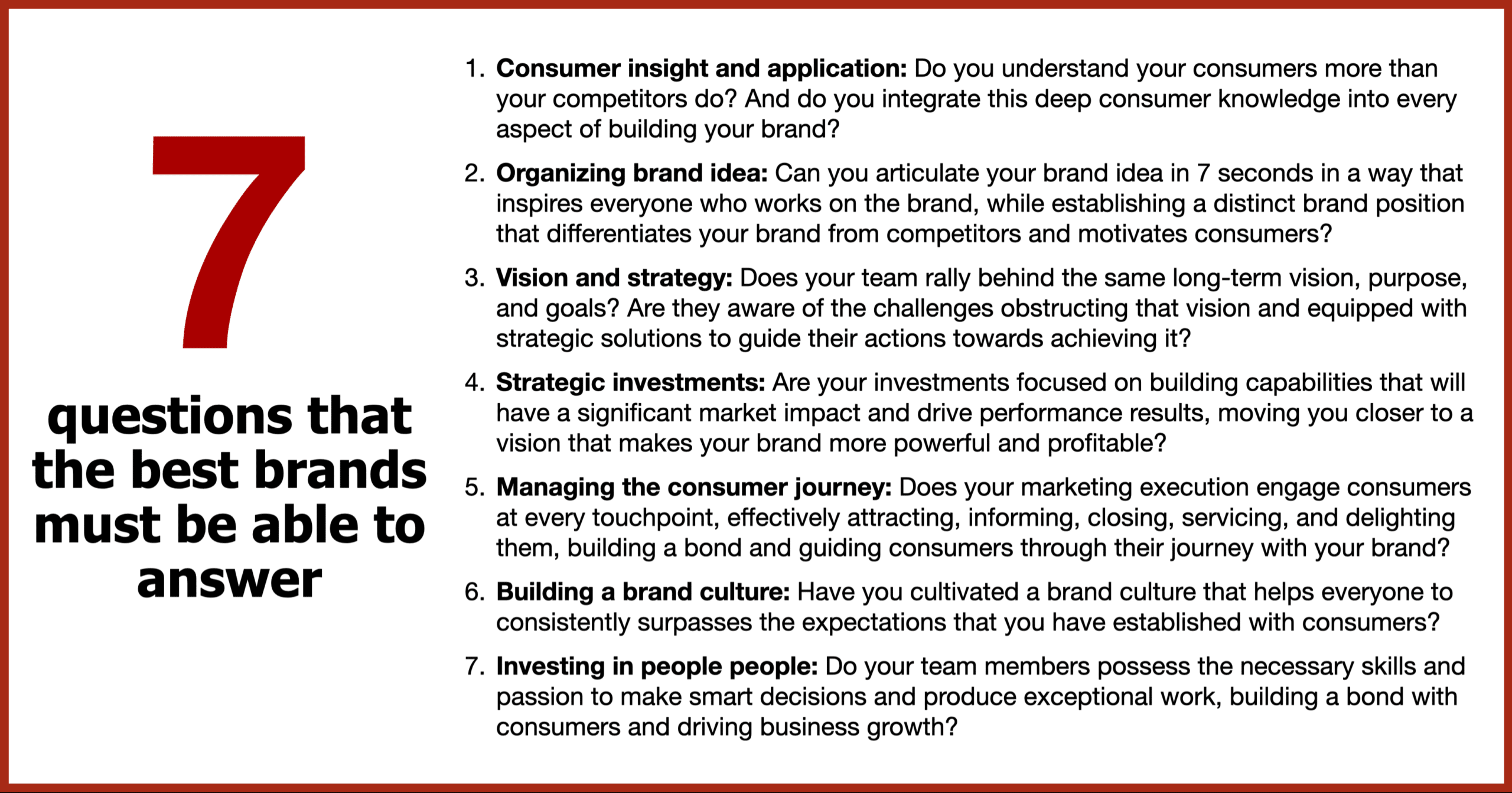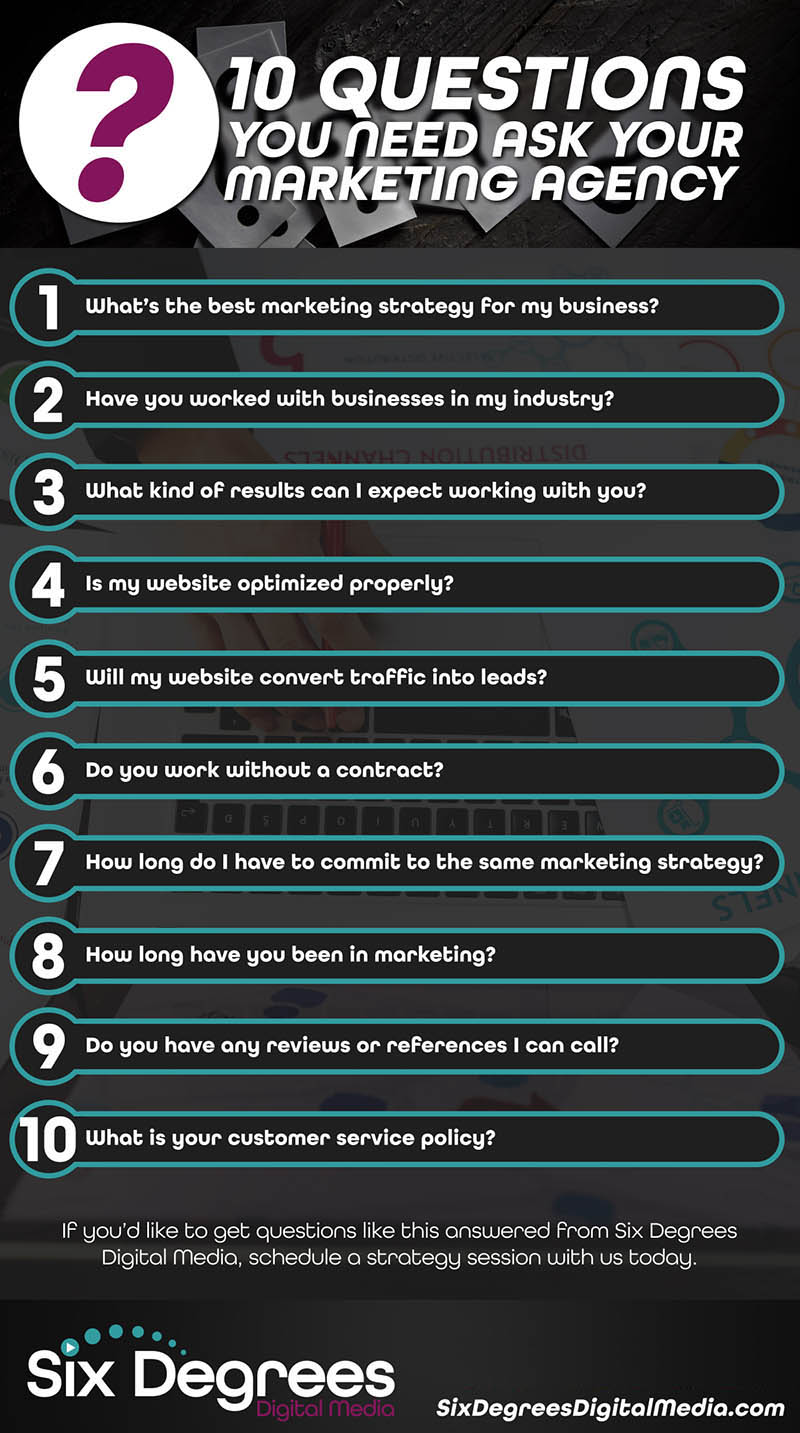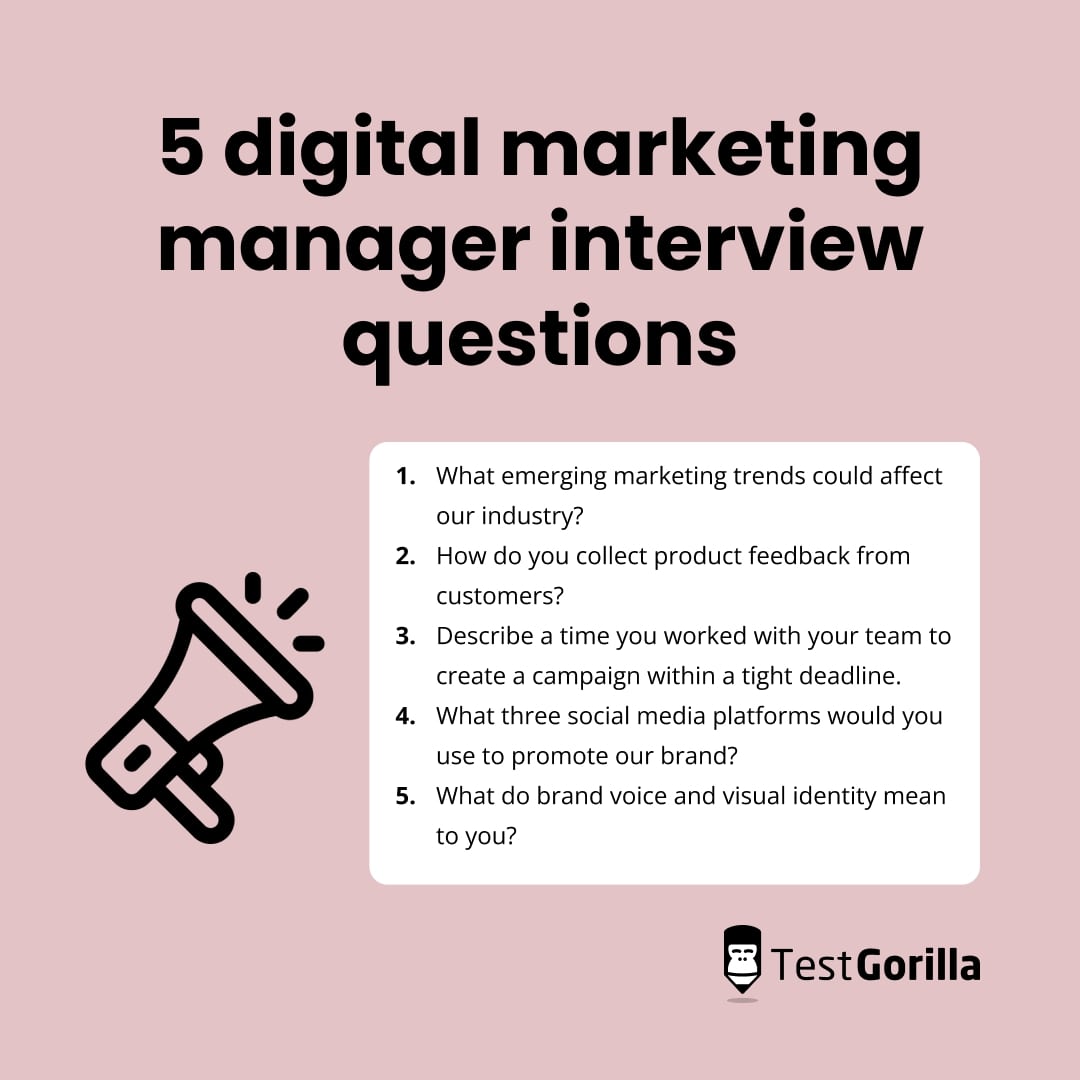Questions To Ask When Developing Marketing Plan
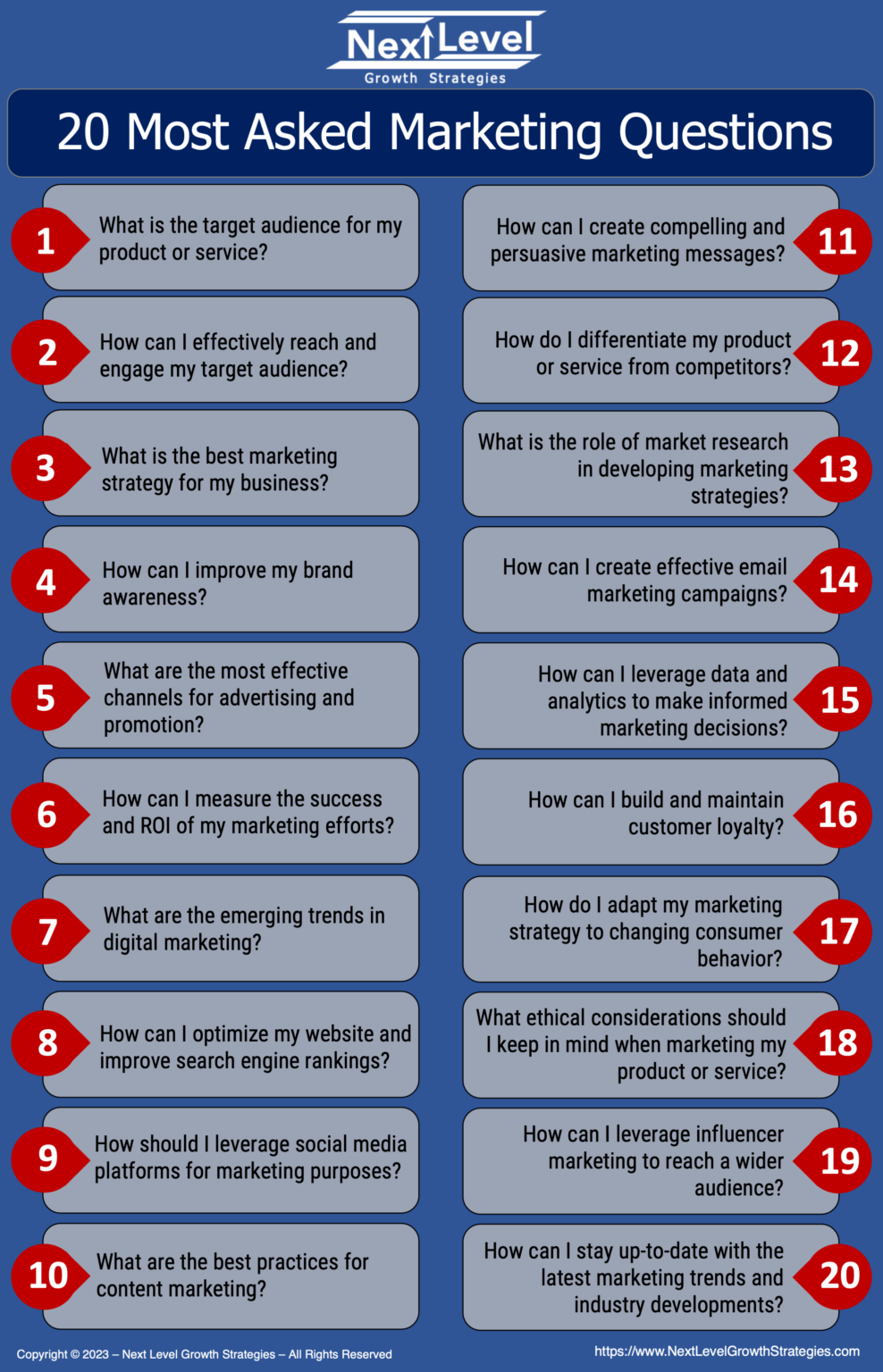
Imagine sitting at a sun-drenched café, a steaming mug in hand, brainstorming ideas that could catapult your business to new heights. The energy is palpable, the ideas are flowing, but a nagging question lingers: Are you asking the right questions to shape a truly effective marketing plan? It's a familiar scenario for entrepreneurs and marketers alike, a blend of excitement and the pressure to get it right.
Crafting a successful marketing plan isn't just about catchy slogans and visually appealing ads. At its core, it's about deeply understanding your target audience, your competitive landscape, and your own unique value proposition. To navigate this intricate process, you need to ask the right questions, questions that will illuminate the path to meaningful engagement and sustainable growth.
Understanding Your Audience
The cornerstone of any effective marketing strategy lies in a comprehensive understanding of your target audience. Without this foundation, your efforts risk being misdirected and ultimately ineffective. Asking the right questions here can mean the difference between connecting with potential customers and talking to a brick wall.
Who are your ideal customers?
This is arguably the most crucial question. Go beyond basic demographics like age and location. Delve into their psychographics: what are their values, interests, and lifestyle choices?
What are their pain points and aspirations? Creating detailed buyer personas can be incredibly helpful here.
Where do they spend their time online and offline?
Understanding their preferred channels is essential for reaching them effectively. Do they frequent specific social media platforms? Are they active in online communities related to your industry?
Do they attend industry events or subscribe to particular publications?
What motivates their purchasing decisions?
Are they driven by price, quality, convenience, or a combination of factors? What problem are they trying to solve when they choose your product or service?
Understanding their motivations allows you to tailor your messaging and offers to resonate with their needs.
Analyzing the Competitive Landscape
Ignoring your competition is like navigating a maze blindfolded. A thorough competitive analysis is vital for identifying opportunities, differentiating your brand, and staying ahead of the curve. It’s about understanding the strengths and weaknesses of those vying for the same customers.
Who are your main competitors?
Identify both direct and indirect competitors. Direct competitors offer similar products or services, while indirect competitors fulfill the same need in a different way.
Understanding both types provides a comprehensive view of the competitive landscape.
What are their strengths and weaknesses?
Analyze their marketing strategies, pricing, product offerings, and customer service. Where do they excel, and where do they fall short?
This analysis will help you identify opportunities to differentiate your brand and capitalize on their weaknesses.
What is their market share and brand perception?
Understanding their market share provides a sense of their overall dominance. Brand perception, on the other hand, reflects how customers view their brand.
Tools and surveys can help gauge this effectively.
Defining Your Value Proposition
Your value proposition is the heart of your marketing message. It's what sets you apart from the competition and convinces customers to choose you. It's not just about what you offer, but why customers should care.
What unique value do you offer?
What problem do you solve better than anyone else? What makes your product or service special?
Clearly articulating your unique value proposition is essential for attracting and retaining customers.
What are your key differentiators?
How do you stand out from the competition? Is it your innovative technology, exceptional customer service, or a unique pricing model?
Highlighting these differentiators in your marketing materials will help you capture attention and build brand preference.
How will you communicate this value effectively?
What language and channels will you use to reach your target audience? How will you convey the benefits of your product or service in a clear and compelling way?
Ensure your messaging resonates with their needs and aspirations.
Setting Measurable Goals and Objectives
Without clear goals, your marketing efforts are like a ship without a rudder. Setting SMART (Specific, Measurable, Achievable, Relevant, Time-bound) goals is crucial for tracking progress and ensuring accountability. It's about defining what success looks like and having a roadmap to get there.
What are your specific marketing goals?
Do you want to increase brand awareness, generate leads, drive sales, or improve customer loyalty? Defining your goals clearly is the first step towards achieving them.
How will you measure your success?
What key performance indicators (KPIs) will you track to monitor your progress? Examples include website traffic, conversion rates, social media engagement, and sales revenue.
Establish a system for tracking and analyzing these metrics regularly.
What is your budget and timeline?
How much are you willing to invest in your marketing efforts? How long will it take to achieve your goals?
Establishing a realistic budget and timeline is essential for managing resources effectively and staying on track.
Asking these questions is not a one-time exercise; it’s an ongoing process of refinement and adaptation. As the market evolves and customer preferences shift, revisiting these questions will ensure your marketing plan remains relevant and effective. Remember, the most successful marketing strategies are built on a foundation of deep understanding, careful analysis, and a willingness to learn and adapt. So, grab that metaphorical cup of coffee, gather your team, and start asking the right questions. The journey to marketing success begins with a single, insightful question.



